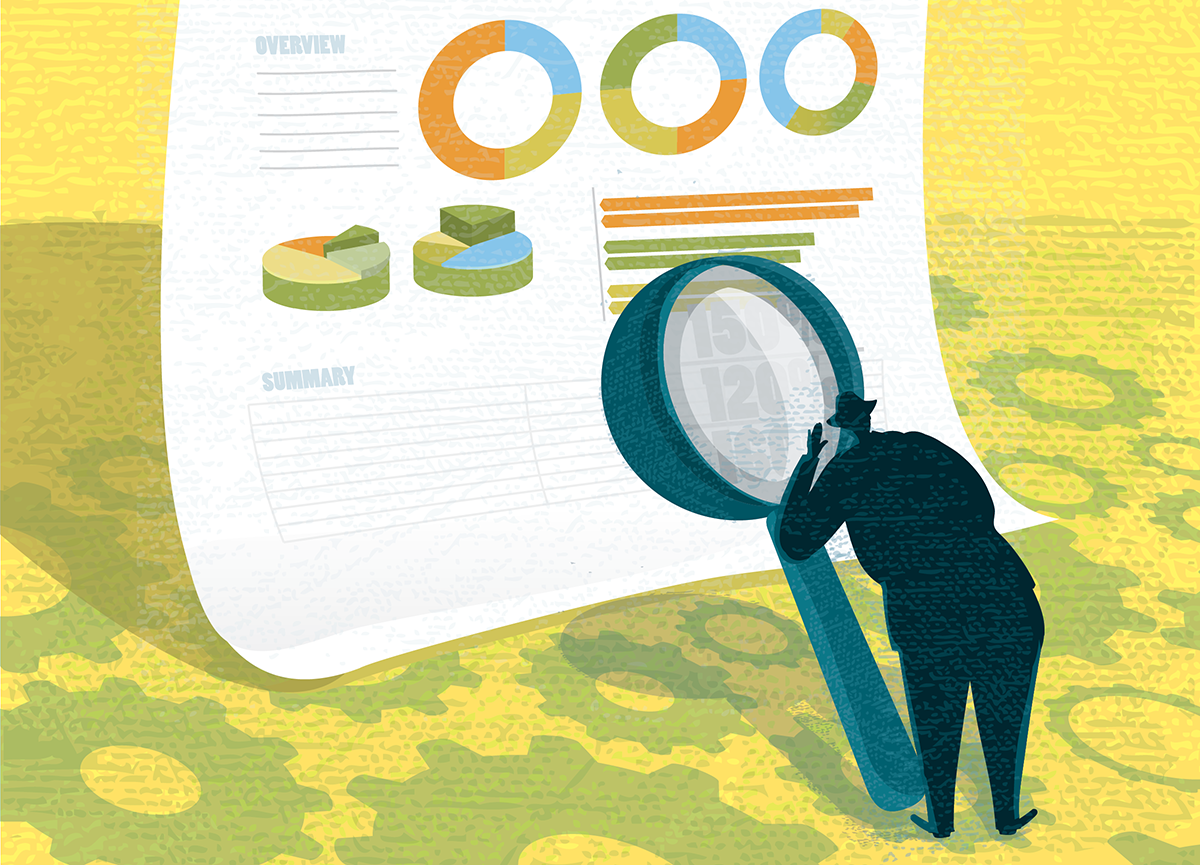The Netherlands is intensifying the fight against corporate tax dodgers that are using the country to evade billions of euros in payments to governments around the world. There's no quick fix though, according to a top official.
"It will continue to be a cat-and-mouse game," Dutch deputy finance minister Menno Snel said in an interview at his office in The Hague. "Some companies will find new ways, but I hope there will be fewer than before."
Each year, about 22 billion euros (US$24 billion) in interest and royalties flows through the Netherlands to low-tax jurisdictions. Letterbox companies—which often have little more than a postal address in the country—are normally used to transfer the money. To tackle the problem, the government will in 2021 impose a withholding tax on such payments to a list of tax havens.
However, that won't necessarily solve the problem. The withholding tax will apply only to the 21 countries that appear on the Dutch blacklist. Companies can get around the new tax by routing their funds flows through an entity in a non-blacklisted country and then onto a tax haven, Snel said.
The 49-year-old politician said he has asked France and Germany to join the Netherlands in its efforts to stop flows to low-tax jurisdictions.
Snel faces the same problem as many governments around the world as they struggle to keep up with savvy tax lawyers who can come up with tax avoidance workarounds more quickly than countries can pass laws to prohibit them. The Dutch have a delicate balance to maintain: upholding the business-friendly reputation they've worked hard to build, while also fending off criticism they are a corporate tax haven.
A case involving Uber Technologies Inc. this year showed how difficult it is to prevent companies from adopting policies that can dramatically reduce the tax that they pay. The ride-hailing company created a $6.1 billion loss that it can offset against tax in the Netherlands by selling its intellectual property on Bermuda to a Dutch entity. That will help the company to cut part of its global tax bill for years to come.
Snel declined to comment on the specifics of the case. In general, he said, he "can't live with the idea" that companies can get away with paying less tax than private individuals through financial trickery. Being associated with such practices is harmful to the Netherlands, Snel said.
"If boardrooms are considering the fact that customers have doubts about a company being based in the Netherlands—and that was actually happening—then there's something seriously wrong," Snel said.
The Netherlands is also taking other steps to clamp down on companies that try to evade taxes. The government is implementing EU tax-avoidance regulations and considering ways to limit the generous deductions used by energy companies. At the same time, the country has ratified an international agreement that will stop companies from using its tax treaty network for the principal purpose of reducing their tax bills.
Even as the government works to close tax loopholes, it's eager to hold onto the business-friendly tax measures, like its large network of tax treaties, that generate significant corporate investments. These investments have helped to make the Netherlands a popular location for companies seeking to establish international headquarters.
Last year, the Netherlands ranked third in inward foreign direct investment, despite having a relatively small economy, data from the OECD shows.
And the Netherlands is marketing itself as a business-friendly country that has more to offer than just low corporate taxes. It has pointed to benefits such as a well-developed infrastructure, a talented workforce, and the government's efforts to provide local information on, for example, the regulatory environment or office market.
"We still want to give genuine companies the red-carpet treatment," he said.
—With assistance from Laura Davison.
© 2025 ALM Global, LLC, All Rights Reserved. Request academic re-use from www.copyright.com. All other uses, submit a request to [email protected]. For more information visit Asset & Logo Licensing.




